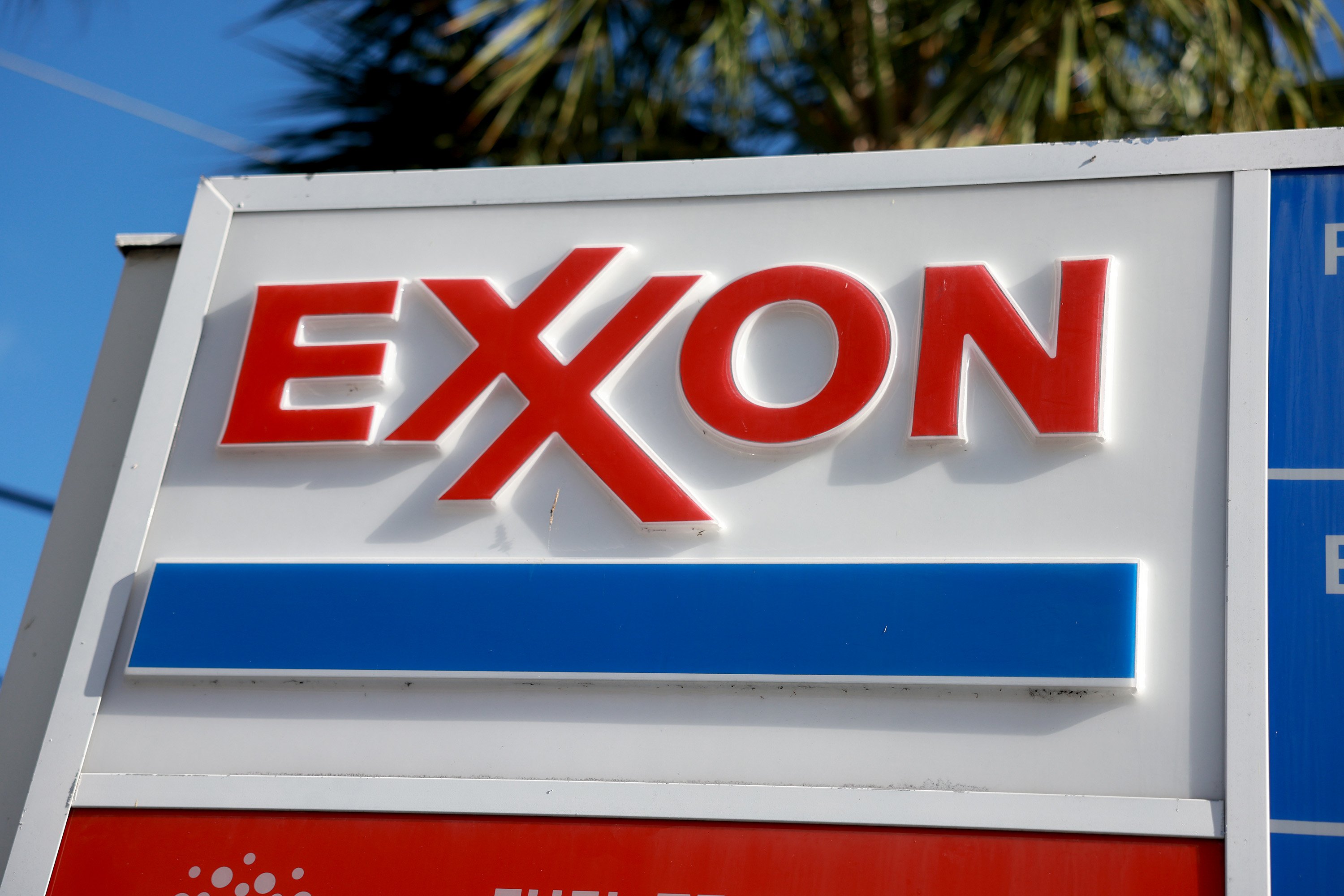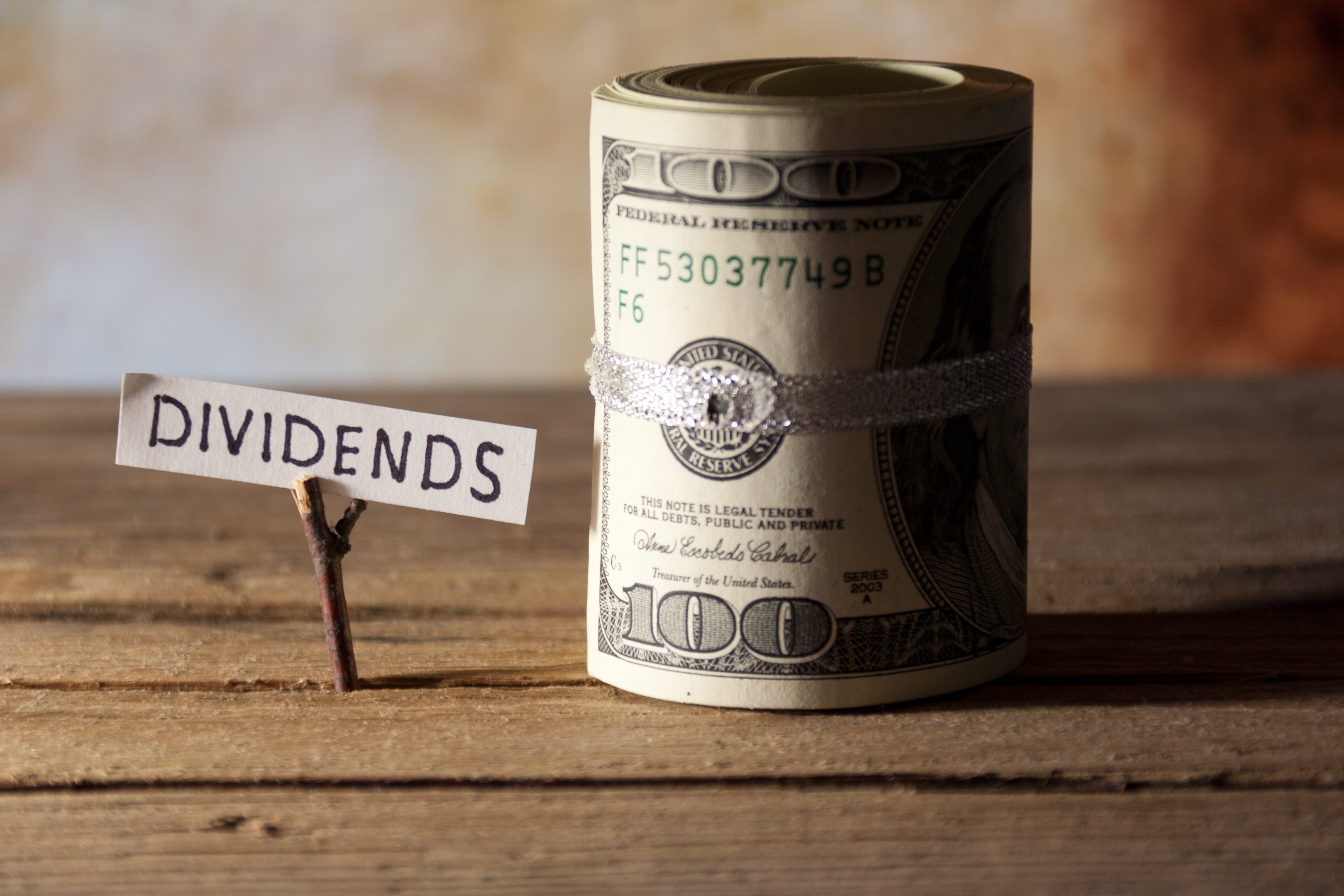Everyone loves passive income. I mean, who wouldn't enjoy earning money while you sleep?
Not literally, of course, but with dividend stocks. These are stocks of companies that distribute some of their profits to shareholders. While higher dividend yields mean more income for your money, it can be a yield trap when stock yields get too high.
But not all high-yield stocks pose a danger to your portfolio. In fact, here are three stocks that currently yield between 4.2% and 5.5%. You can buy shares of all three for under $500, and they will likely continue delivering passive income for the foreseeable future.
They could be the smartest way to invest $500 right now. Plus, reinvesting the dividends will compound your income stream over time.

Image source: Getty Images.
1. Chevron
Dividend Yield: 4.3%
Oil and gas giant Chevron (CVX +0.81%) is an integrated energy company involved in multiple aspects of the oil and gas industry, including upstream (exploration) and downstream (refining and retail) business operations. The industry is generally sensitive to commodity prices, so many oil and gas stocks are prone to boom-and-bust cycles. Chevron's diversified business model helps it endure that volatility.

NYSE: CVX
Key Data Points
Chevron has proven itself to be a top-notch player in the space, as evidenced by its stellar dividend track record. The company has paid and raised its dividend for 37 consecutive years. Chevron wouldn't have been able to pay its shareholders increasingly larger dividends through multiple recessions and a global pandemic without a sound balance sheet and astute management to steer it through such turbulent times.
Despite the rising prominence of wind and solar energy, oil and gas are unlikely to disappear anytime soon. In fact, Chevron recently closed a game-changing merger with Hess, which provided it with lucrative exposure to the resource-rich Stabroek Block off the coast of Guyana. It's a blockbuster oil discovery, which should position Chevron for years of strong production (and dividends) ahead.
2. Enbridge
Dividend Yield: 5.5%
North America is a significant market for oil and gas, for both production and consumption. Enbridge (ENB +1.05%) is a Canadian energy juggernaut and a prominent player in the continent's energy landscape. It owns and operates a vast network of pipelines and storage facilities that help transport oil and gas resources from production sites to their destination throughout North America.

NYSE: ENB
Key Data Points
Additionally, Enbridge operates a gas utility business, as well as wind and solar energy projects. The critical takeaway here is that Enbridge is a very diverse and steady business. Pipelines and utilities are highly regulated businesses that operate almost constantly -- the world uses energy around the clock. And due to the nature of Ebridge's contract structures, approximately 80% of its earnings before interest, taxes, depreciation, and amortization (EBITDA) are protected from inflation.
As a result, Enbridge has been a dependable dividend stock. The company has hit its annual fiscal guidance for 19 consecutive years, and management has raised the stock's dividend for 28 straight years. Anyone looking for a high starting yield with minimal risk will struggle to find a better choice than Enbridge.
3. Kinder Morgan
Dividend Yield: 4.2%
Another prominent pipeline powerhouse is Kinder Morgan (KMI +1.73%). The company's pipelines stretch roughly 79,000 miles, transporting natural gas, refined products, and other energy commodities throughout the United States. Kinder Morgan is based in Texas and has a significant presence there, positioning it to capitalize on the growing domestic natural gas production expected to drive higher exports over the coming years.

NYSE: KMI
Key Data Points
Furthermore, energy demand in the United States is surging as artificial intelligence (AI) data centers continue to consume significant amounts of energy. The combination of growing export demand and higher domestic energy consumption likely means that Kinder Morgan will enjoy the business success it needs to extend its streak of seven consecutive annual dividend increases for the foreseeable future.
Kinder Morgan was once a master limited partnership (MLP), but restructured itself as a corporation years ago. Master limited partnerships have pros and cons, but one significant difference for investors is that they can complicate your taxes because they require a special tax form, called a K-1. Many other pipeline stocks still operate as MLPs, so if you'd rather not deal with filing K-1 forms, Kinder Morgan may appeal to you more than other pipeline stocks.





